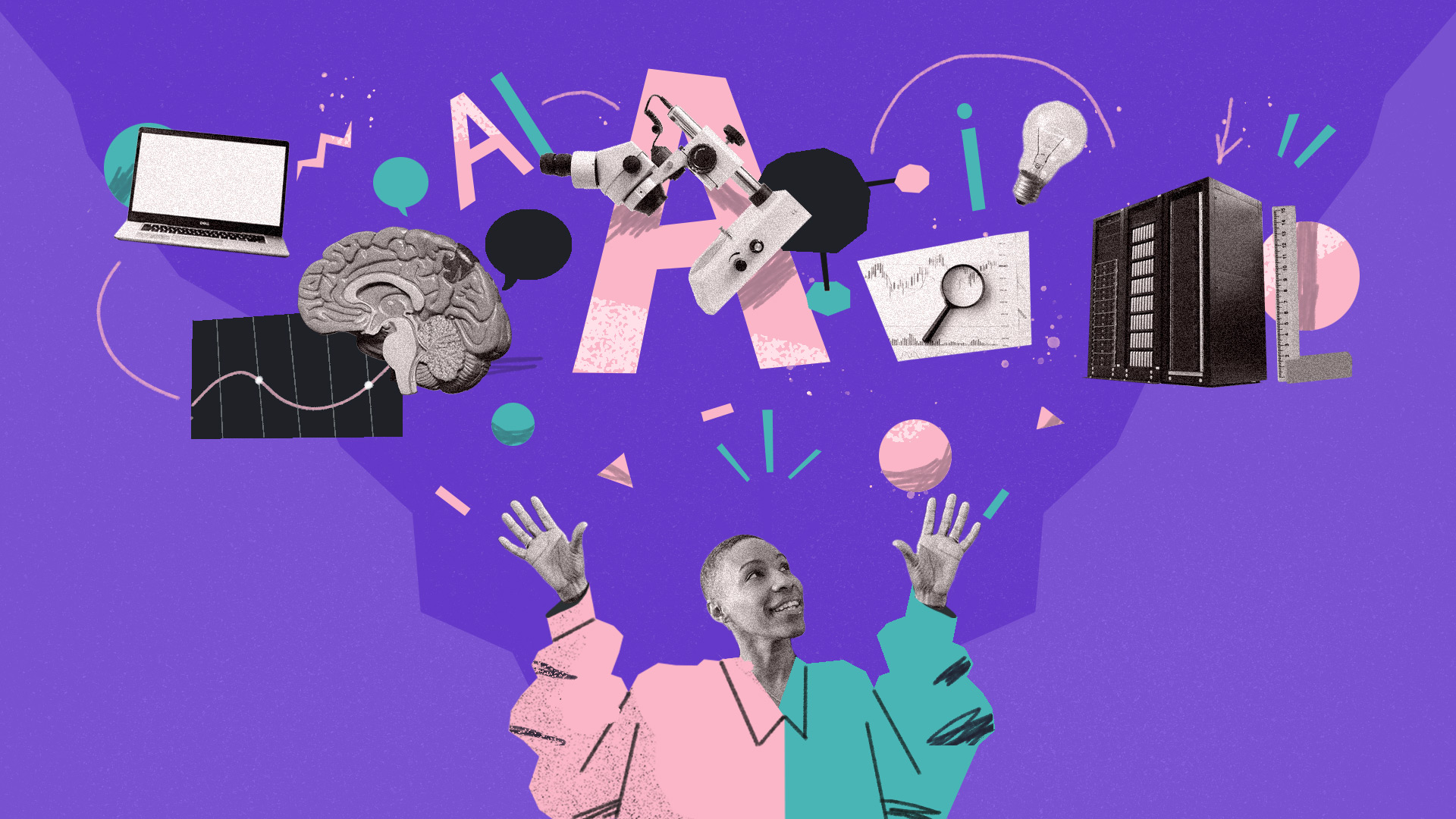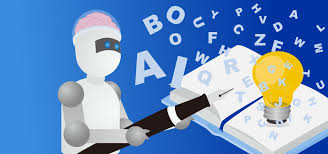
Developing a genuine academic writing style stands as one of the most critical yet difficult skills in a period when AI platforms create acceptable papers in less time than most students need to organize their work. The capabilities of advanced AI writing tools have started to merge human and machine-created content definitions. Academic integrity coupled with genuine intellectual expansion depends on distinct writing ability since no algorithm can duplicate this fundamental ability.

Academic voice isn’t merely about style or tone—it’s the unique intellectual fingerprint you leave on every assignment. It encompasses your perspective, analytical approach, and the distinctive way you engage with ideas. While ChatGPT can simulate academic writing, it cannot replicate your specific relationship with the material.
According to Dr. Sarah Martinez, Director of Composition Studies at Stanford University, “Intelligent machine writing tools can generate technically correct essays, but they cannot substitute for the authentic intellectual engagement that occurs when students develop their own academic voice.” In her recent research on AI in education, Dr. Martinez found that students who rely heavily on AI tools often struggle with deeper analytical thinking in subsequent coursework.
At StudyCreek, writing specialists observe that students with well-developed academic voices not only receive higher grades but also report greater satisfaction with their educational experience. “There’s a profound difference between submitting someone else’s words—whether that ‘someone’ is human or artificial—and expressing your own carefully crafted thoughts,” notes lead academic coach Thomas Chen.

Before you can develop your academic voice, you need to understand its components:
Your unique way of examining evidence and forming conclusions distinguishes your writing from others. This includes:
The patterns in how you construct arguments form a significant part of your voice:
Every writer has unconscious patterns in language use:

The integration of intelligent machine writing tools into academic environments presents both opportunities and challenges. Understanding these dynamics is essential for students navigating this new landscape.
Artificial machine tools like ChatGPT have democratized access to competent writing assistance. Students who struggle with language barriers or certain learning disabilities can now receive immediate feedback and suggestions. However, this same accessibility creates new temptations to shortcut the writing process altogether.
“We’re seeing students who view AI as either forbidden fruit or magic bullet,” explains Professor James Liu of MIT’s Writing Across the Curriculum program. “Neither approach serves their long-term development as thinkers and communicators.”
The writing coaches at StudyCreek have identified several common misconceptions about AI writing tools:

Before you can develop your voice, you need to understand your current writing patterns:
The academic consultants at StudyCreek recommend keeping a “writing reflection journal” where you document observations about your evolving style and approach.
Your academic voice develops partly through intellectual osmosis—absorbing influences from what you read:
Like any skill, developing your academic voice requires intentional practice:
Rather than surrendering your voice to a machine, use these tools to strengthen it:

The writing specialists at StudyCreek emphasize that using ChatGpt ethically requires clear boundaries and transparency:

Perhaps the most reliable indicator of authentic academic voice is the presence of genuine wit and personality. While AI can simulate humor through formulas and patterns, it consistently fails to produce the organic, contextual humor that humans effortlessly create.
Consider this AI-generated attempt at academic humor: “Economic theories can be like diets—everyone has one, few stick to them, and most leave you hungry for more explanation.”
Technically, it’s a joke. But it lacks the personal touch, contextual awareness, and subtle timing that characterizes human humor.
In contrast, a student with authentic voice might write: “After spending three weeks analyzing Keynesian economic theory, I’ve concluded that Keynes had never met my roommate—a living refutation of the ‘rational economic actor’ hypothesis who once bought twenty pounds of cheese because it was on sale, despite being lactose intolerant.”
The difference is palpable. Human humor draws from personal experience, makes unexpected connections, and positions the writer as a real person engaging with the material.
With large numbers of academic texts created by AI tools in academic fields your authentic voice functions as your most vital intellectual resource. Your academic voice plays a crucial role in making your work recognizable while expressing your individual perspective on understanding relationships with knowledge.
According to StudyCreek writing coaches students who adopt solid academic voices achieve academic excellence simultaneously with enhanced educational happiness. “When students discover and refine their authentic voice, writing transforms from a chore into a powerful form of self-expression and intellectual exploration,” explains senior writing consultant Dr. Elena Patel.
As machine writing technology continues to evolve, remember that its greatest value lies not in replacing your voice but in helping you discover and strengthen it. Your academic voice—informed by your unique experiences, perspectives, and intellectual journey—remains the one thing no algorithm can replicate.
Looking to develop your authentic academic voice? StudyCreek’s personalized writing consultations help students navigate the challenges of academic writing in the AI era while maintaining integrity and developing skills that last a lifetime.
Delivering a high-quality product at a reasonable price is not enough anymore.
That’s why we have developed 5 beneficial guarantees that will make your experience with our service enjoyable, easy, and safe.
You have to be 100% sure of the quality of your product to give a money-back guarantee. This describes us perfectly. Make sure that this guarantee is totally transparent.
Read moreEach paper is composed from scratch, according to your instructions. It is then checked by our plagiarism-detection software. There is no gap where plagiarism could squeeze in.
Read moreThanks to our free revisions, there is no way for you to be unsatisfied. We will work on your paper until you are completely happy with the result.
Read moreYour email is safe, as we store it according to international data protection rules. Your bank details are secure, as we use only reliable payment systems.
Read moreBy sending us your money, you buy the service we provide. Check out our terms and conditions if you prefer business talks to be laid out in official language.
Read more